Southeastern Metro takeover by Transport for London on the agenda again
Long-held proposals for Southeastern Metro railway services to be devolved from government control and taken over by Transport for London have arisen again.
Mayor Sadiq Khan has raised the prospect in advance of the election. The idea has been around for a long time now with cross-party support across the capital and went so far as to see surrounding authorities such as Kent County Council agree alongside then-Transport Secretary Patrick McLoughlin.
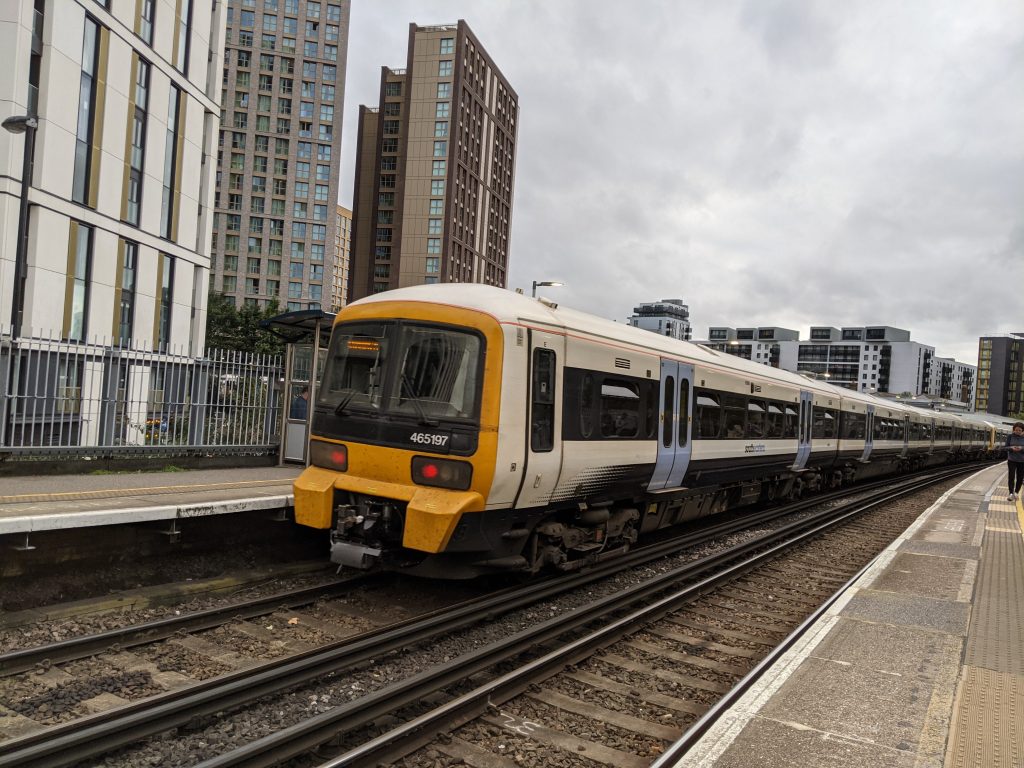
However Chris Grayling then took over as Transport Secretary and the plan was ditched.
One sticking point is the differing party affiliations between the DfT and Mayor which appeared to hamper progress. That could now change post-London and national elections.
Sticking points
A number of issues would need to be overcome. How services and staff are split between TfL and Southeastern under DfT control remains to be seen, with some stock and drivers working Metro routes as well as mid-distance some way out into Kent.
Cost is of course a big issue. SE Metro is loss making and subsidy would be required. Supporters of TfL takeover would argue that improving services would see increased passenger numbers and greater revenue, and with TfL now back into an overall operating surplus there’s limited funds to cross-subsidise.
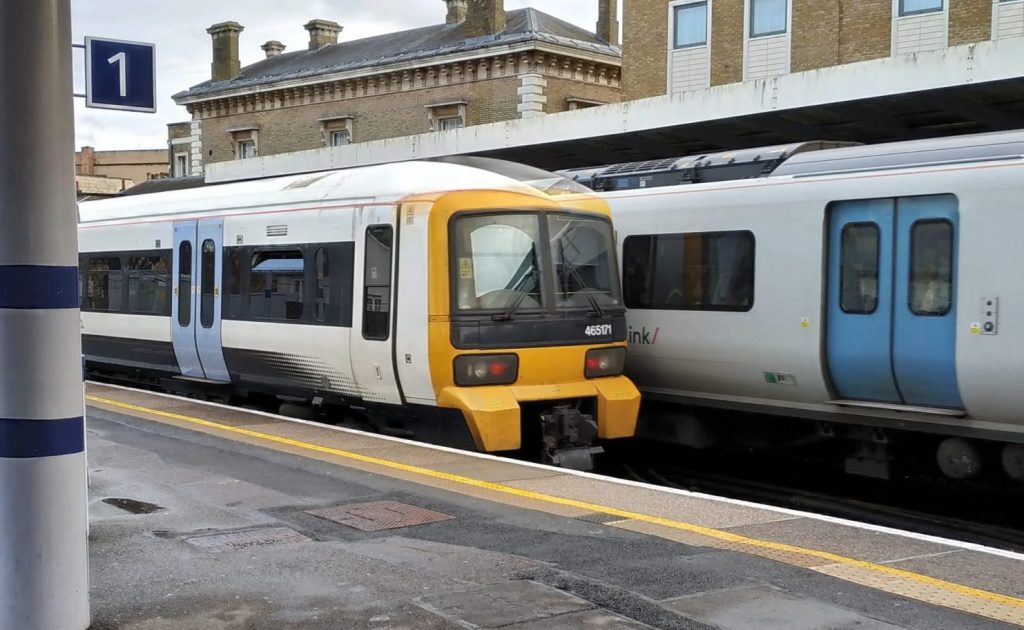
With greater devolved local fundraising powers there’s other avenues to explore too. One obvious example is a tourist tax, as seen in just about every other major world city from New York to Melbourne, Paris to Barcelona.
From a few cents on hostel accommodation (or none at all) to higher levels on ultra-high end hotels, it’s a common tool used worldwide that can assist with local services. I can’t say I’ve ever grumbled paying it. When visiting a city an individual has an impact upon the place and its services. A small fee of a dollar or euro a night never really bothered me. And do we really think a rate of, say, £8 a night on top end five star hotels as seen in Paris is going to put people off visiting London?
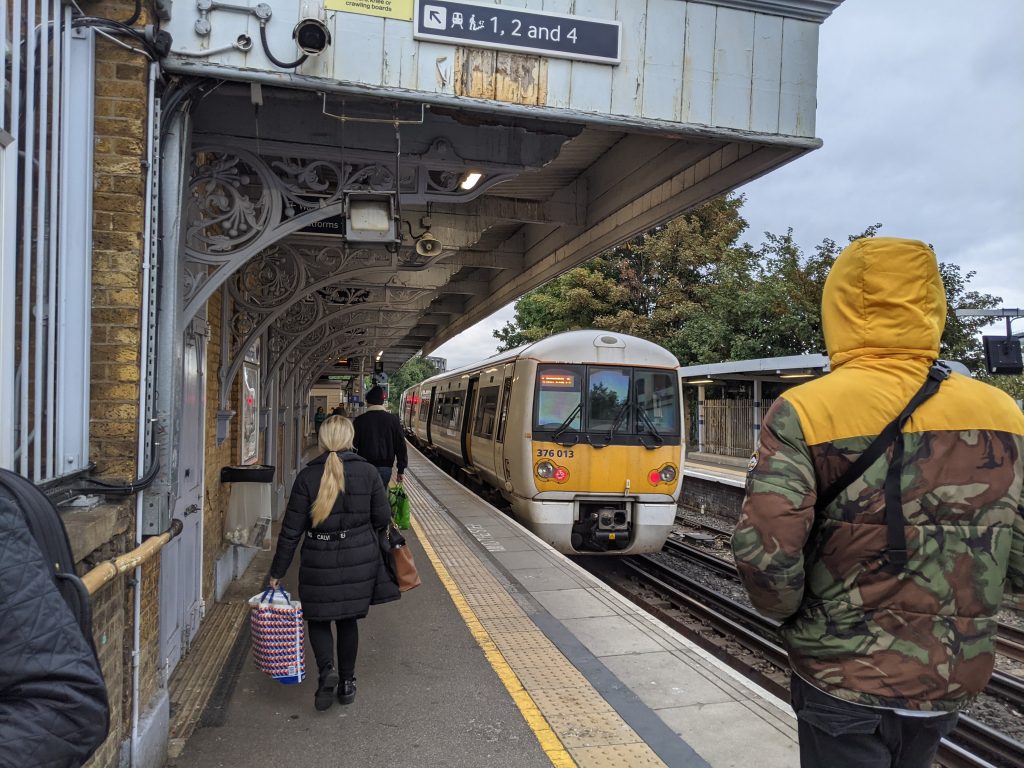
There’s plenty more local funding possibilities though in ultra-centralised UK it’s often not possible for local authorities or regional government to do so, with restrictions on, say, a hotel supplement pretty much unique in the whole western world.
Again, it’d require a change of mood in Whitehall and does Labour agree at a national level?
Government run
With a constant hoo-hah about nationalisation of rail it’s often overlooked that Southeastern is already under government control, and even during the now-ditched franchising process the DfT would control pretty much everything on the railway from service levels to rolling stock.
That direct control should make it easier to devolve Southeastern Metro if central government sought to do so.
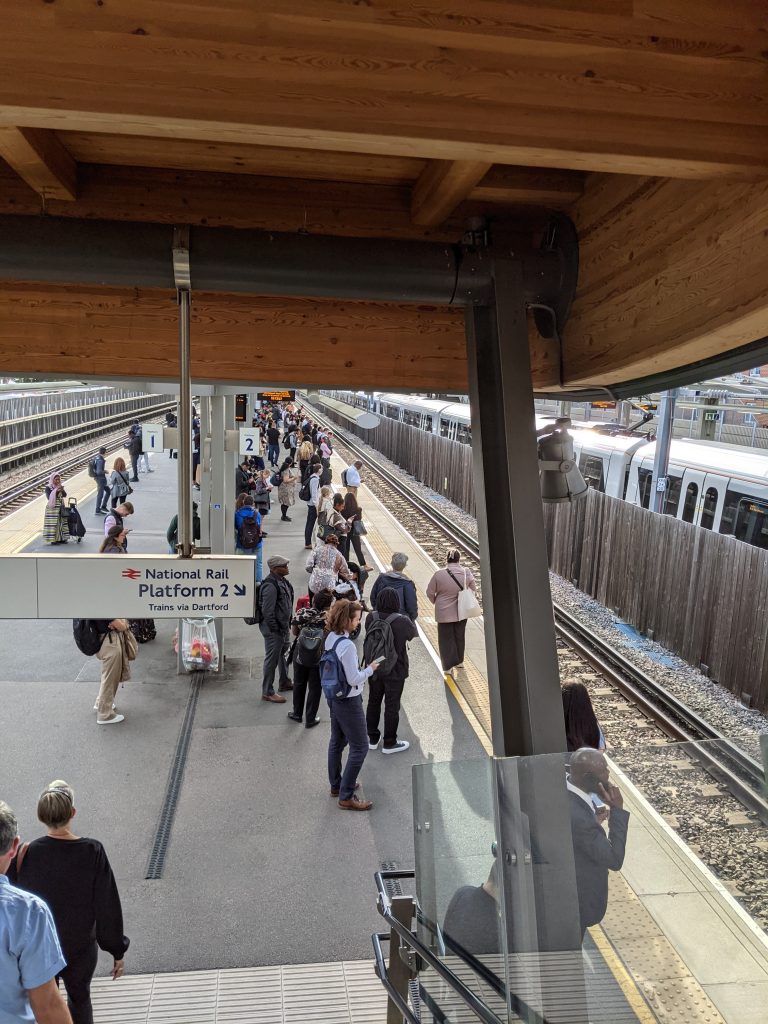
In terms of benefits, well, DfT control has hardly been a success. Southeastern have cut services due to demands from their government paymasters which has seemed to only hamper recovery and cost revenue.
Fares are also higher for every contactless and Oyster pay-as-you-go fare on SE Metro compared to equivalent TfL journeys. A TfL takeover could see cheaper fares for many. That isn’t reliant on TfL control though as c2c rail over the Thames use the TfL fare scale unlike SE Metro.
As for services, while TfL didn’t cut London Overground services and has seen passenger numbers recover pretty back to pre-pandemic levels, clumsily implemented cuts on Southeastern Metro has seen sluggish recovery with long service intervals now in place. Some areas currently have the worst service levels in decades.
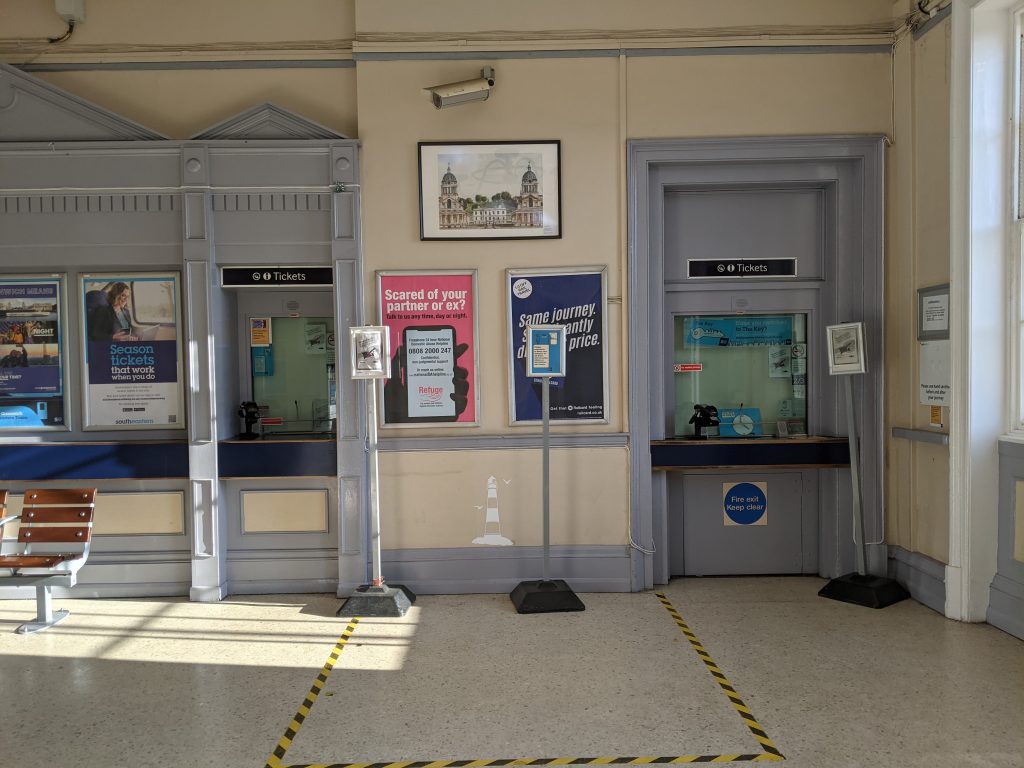
One of the starkest examples was reducing services to Abbey Wood for links to the Elizabeth line from areas such as Dartford almost as soon as the new line’s full service begun.
It appeared little thought was given that people would want to actually connect with the popular new line from other stations.
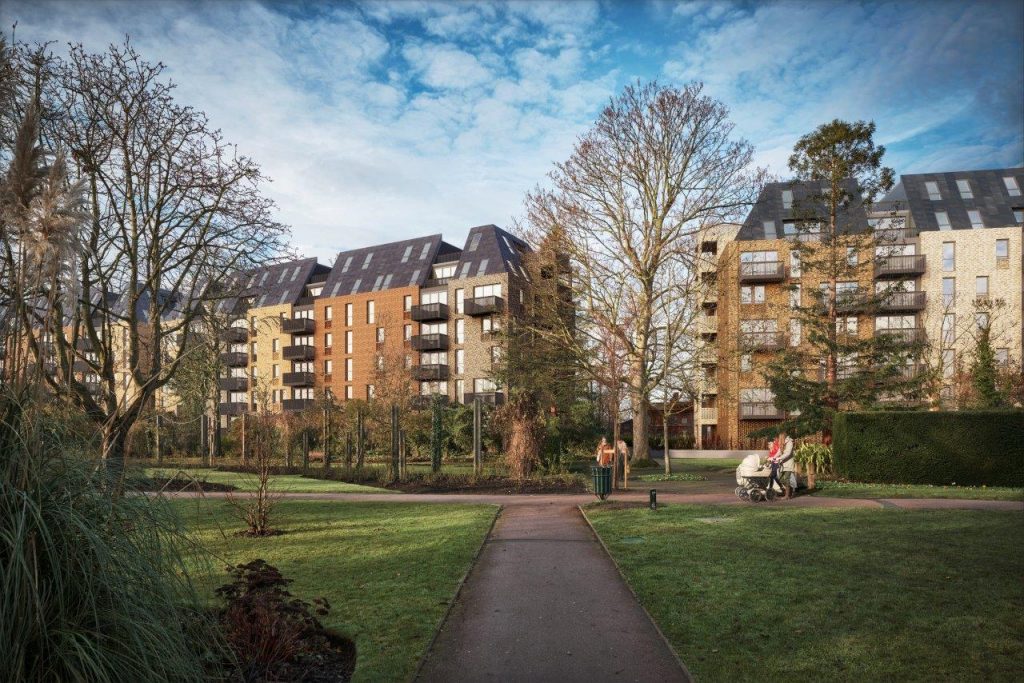
That kind of poor foresight under DfT control is a prime example of why many think the current system is badly failing passengers and the economy of SE London and NW Kent.
It will be improved slightly from June but gaps are still beyond turn-up-and-go levels.
Staffing and stations
Other issues with SE include barely staffed stations and the ease of avoiding paying for journeys. When TfL took over Abbey Wood station in 2017 the number of counted journeys rose sharply – and that was years before Elizabeth line commenced.
Of course the number of journeys hadn’t really increased that much. People now had to tap in when before it was a free ride.
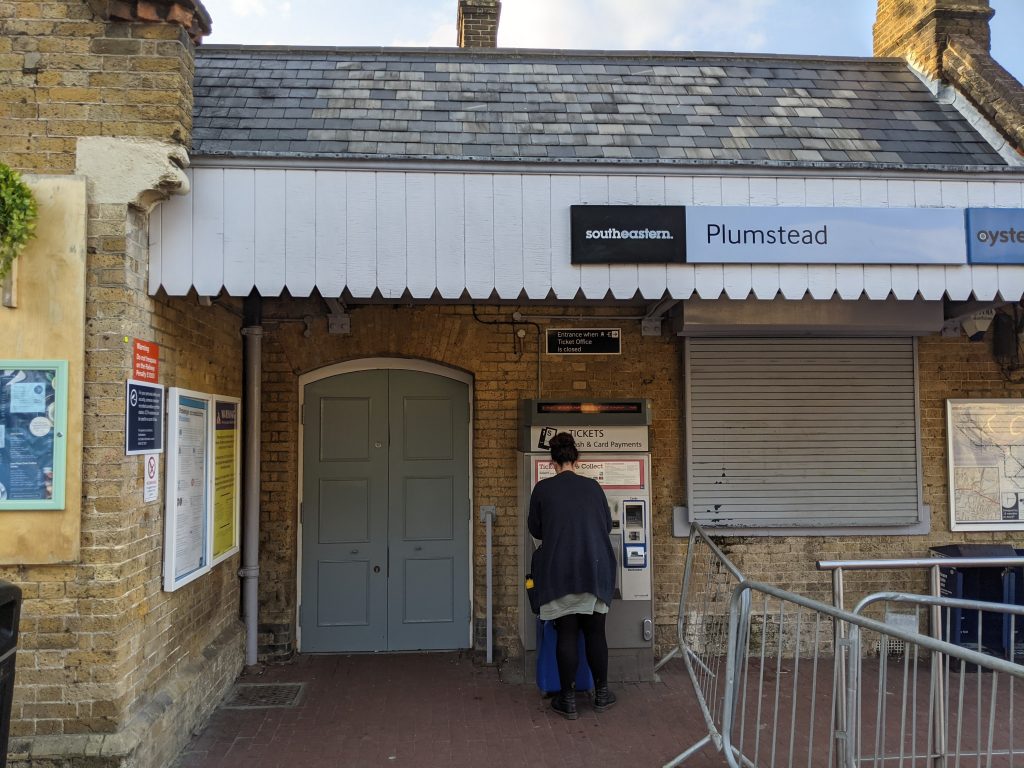
Southeastern state they have halved fare evasion though it still seems a doddle to avoid paying. Changing checks from extremely rarely to simply rarely may catch more people, but it’s still a breeze at most stations to avoid.
The poor level of staffing also does little to attract passengers is they feel a network isn’t safe, and an unstaffed station at night on the network often doesn’t feel enticing.
Southeastern have promised improved staffing but if it’s only back to 2019 levels that’s still far from ideal.
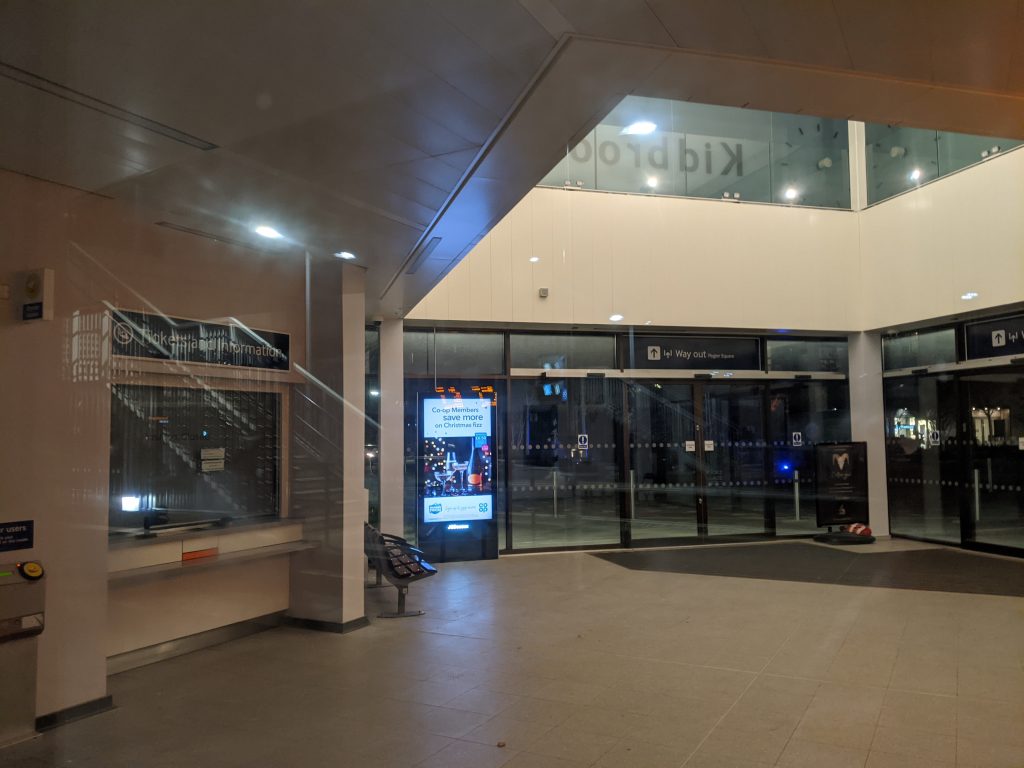
With Southeastern Metro being amid an area of some of the highest housing and population growth in the country it seems ripe for capturing growth through improvements yet the DfT so far have a lamentable record – and have done so for many years including when awarding continual short term franchises. Remember the 100 staff with ipads and nonsense like that instead of meaningful change?
While obstacles will need to be overcome, many actually were before Grayling arrived. Surrounding counties came on board and were reassured that Metro routes wouldn’t take extra paths into London terminals compared to longer distance trains. It was almost good to go.
Combined with fiscal devolution the network could and should be a great success and facilitate wider economic benefits than it currently does – plus help reduce traffic congestion. But we’ve been here before. Will it actually happen now?
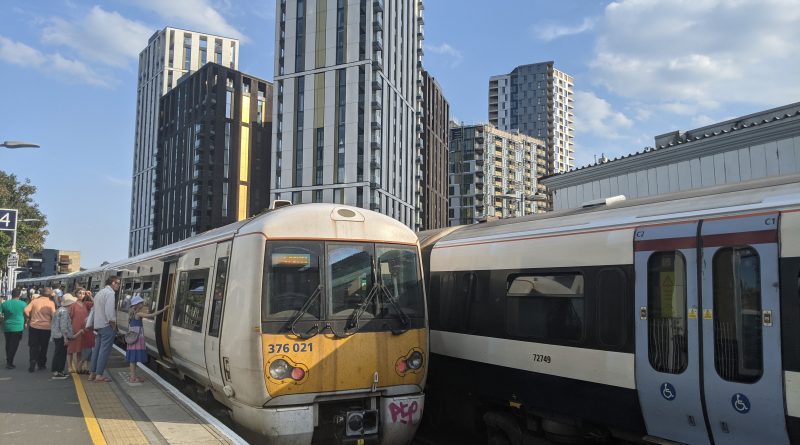

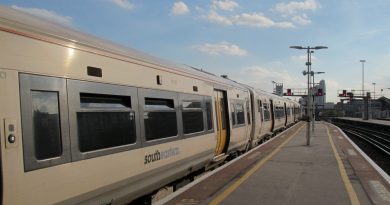
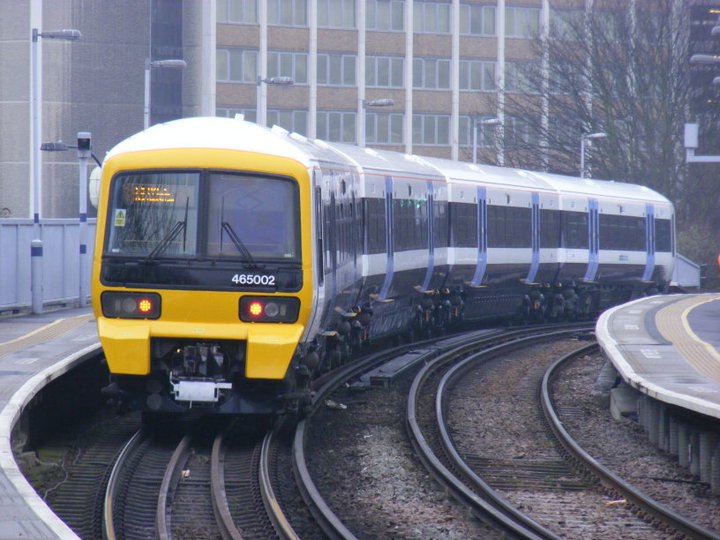
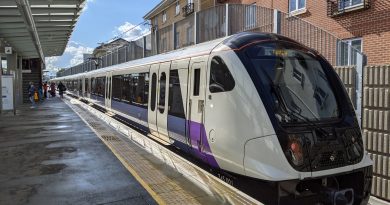
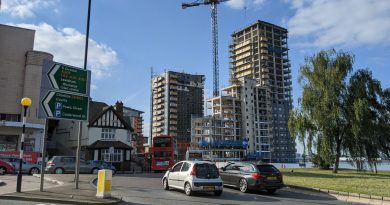
Tourist/hotel tax is such a no brainer I can’t believe we havn’t done it. I once heard someone oppose it as it’d put people off despite it being pretty much everywhere on the planet and putting no one off elsewhere.
Do we really think someone from the US or Middle East for example is looking at Paris and London and sees Paris charge 10 euros on a 300 euro a night 5 star hotel and and London charging nothing on a £300 a night hotel and thinking yep I’ll go London due to that alone! It’s immaterial to top end hotels and guests. And if worried about low end just don’t have it below 2 or 3 star paces or an ultra low rate there.
I’d also throw in the super low council tax rates on very top end homes. Ludicrously low in London compared to other big worldwide cities. Raise that through say a new top-end council tax band and allow revenue for services in London. All other cities do things like that. Instead in London we tax the lower end at high levels through high council tax and not obvious revenue sources at the top end. All international comparators do it except us as the rich who own papers complain if the issue raised.
Thank you Jeff. I agree with you and thank you for an excellent analysis.
It is time the UK caught up with the rest of the world and other European cities on issues like this.
Thank you.
Good analysis. Thank you.
BTW your caption ‘Plumstead station in busty area . . .” made it all the better.
It’s hardly surprising that Southeastern is loss-making when they can’t be bothered to collect fares.
What kind of business model is that?
Southeastern is appalling at any kind of ticket enforcement. I was at Woolwich Arsenal and someone pushed past me to get through the ticket barriers without paying. The Southeastern staffer at the barrier just watched and shrugged his shoulders saying he couldn’t do anything. Whilst I didn’t expect him to wrestle the fare dodger to the ground, he could have said something, reported it or called for assistance. They really should do an audit on how much the estimate they lose each year due to fare dodging – the % must be higher than any other transport mode in SE London.
We already got a tourist tax, it’s called the heathrow/gatwick express.
@Gwst: other services are available.
What I find baffling is with 4 trains an hour at Abbey Wood station to Dartford, they are 3 minutes apart at 46/49 to the hour an 16/19 minutes past the hour, i suppose it could be because they are two different companies, but it still seems daft,
Steve N
Fare evasion is costing companies and TFL millions of pounds each year. But has mentioned this is not being taken seriously enough .
Their needs to be more revenue inspectors. More staff on barriers from first to last trains as people just push pass or jump barriersx and board the train.
Fare evasion is also up on buses witb some people pushing on through the the other doors to avoid the driver.
The rail/bus companies ,and TFL need to get on top of this to collect the fares and take action to recover the loss revenue from fare evaders.
Would be nice to see Southeastern to think about replacing the Class 465 and Class 466 Networker DC electric trains. And for Alstom were to be saved and to keep jobs at its Litchurch Lane train factory and to continue on with the Aventra trains. Especially new Aventra trains for Southeastern and the remaining Class 707 Desiro City trains to be transferred from SWR to Southeastern.
Perhaps that would be the next job for the new Mayor of London if Sadiq Khan was to lose his job as Mayor of London. London needs a new Mayor who can deliver better rail services and to improve better transport infrastructure for London.
Such as the future proposal of Crossrail 2 and the Elizabeth Line extension to Dartford. And of course with Southeastern to consider thinking about ordering new trains to replace the Class 465 and Class 466 Networker DC units which are getting old and do need to be replaced in few years.